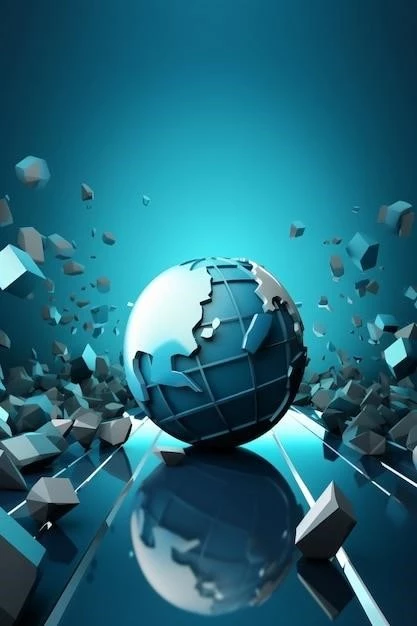The Rise of Globalization and Interconnectedness: A Personal Perspective
Globalization. It’s a word we hear often, thrown around in news cycles, political debates, and even casual conversations. But what does it truly mean? For me, it’s not just an abstract concept or an economic theory. It’s the sushi I order for lunch from a restaurant run by a Japanese family, the Bollywood tunes I tap my feet to on Spotify, and the online yoga class I take with an instructor from India – all experiences made possible by the interconnected world we live in.
My Own Brush with Globalization
Let me tell you a story. A few years back, I decided to travel solo to Southeast Asia. Now, I’m someone who thrives on new experiences, but the thought of navigating unfamiliar cultures and languages made me a bit apprehensive. To my surprise, globalization had already paved the way for me.
Thanks to the internet, I booked accommodations, researched destinations, and connected with fellow travelers – all before even setting foot on a plane. Once there, language barriers were less daunting than I imagined. From the bustling streets of Bangkok to the serene temples of Angkor Wat, I found English spoken widely, a testament to the global reach of the language.
But globalization went beyond convenience. In Vietnam, I met a local artisan who crafted intricate bamboo baskets. Through a translator app, we had a conversation about his craft, his family, and his hopes for the future. That interaction, though brief, opened my eyes to the shared humanity that transcends borders and cultures.
The Four Pillars of Global Interconnection
My travels, coupled with my observations over the years, have led me to believe that globalization is driven by four powerful forces:
1. The Economic Engine
Globalization is undeniably fueled by economics. The desire for new markets, cheaper labor, and increased profits drives businesses to expand beyond their national borders. Take, for instance, the tech giant Apple. Their products are designed in California, manufactured in China, and sold worldwide, a prime example of global supply chains in action.
2. Technology as the Great Connector
The internet, smartphones, social media – these technological marvels have shrunk the world like never before. We can now communicate with someone across the globe in real-time, access information from every corner of the world, and share our experiences with a global audience. Technology has broken down geographical barriers and fostered a sense of global community.
3. The Role of Politics and Policies
Government policies play a crucial role in shaping globalization. Trade agreements, immigration policies, and international regulations can either facilitate or hinder global interconnectedness. The European Union, for example, is a testament to how political collaboration can foster economic integration and cultural exchange.
4. The Cultural Tapestry
From K-pop to Hollywood blockbusters, globalization has led to a vibrant exchange of cultural ideas, beliefs, and values. We now have access to a diverse range of music, movies, literature, and art from around the world. This cultural fusion, while sometimes facing criticism for homogenization, has the potential to broaden our horizons and foster understanding between different cultures.

A Double-Edged Sword: The Impacts of Globalization
While my experiences have been largely positive, I recognize that globalization is a complex phenomenon with both benefits and drawbacks.
The Upsides
- Economic Growth: Globalization has lifted millions out of poverty by creating new jobs and opportunities in developing countries.
- Innovation and Progress: The exchange of ideas and knowledge across borders has fueled innovation in various fields, from medicine to technology.
- Cultural Enrichment: Globalization has exposed us to different cultures, broadened our perspectives, and fostered greater tolerance and understanding.
The Downsides
- Inequality: While globalization has lifted many out of poverty, it has also been criticized for exacerbating income inequality both within and between countries.
- Labor Exploitation: The pursuit of cheap labor has led to exploitation in some cases, with workers in developing countries facing poor working conditions and low wages.
- Environmental Concerns: The increased production and transportation associated with globalization have raised concerns about environmental degradation and climate change.

Navigating the Future: A Global Citizen’s Responsibility
Globalization is an ongoing process, constantly evolving and shaping our world. As we move forward, it’s crucial to be mindful of both its opportunities and challenges. We must strive for a form of globalization that is inclusive, sustainable, and benefits all members of our global community.
My own experiences have taught me that embracing diversity, fostering cross-cultural understanding, and advocating for ethical and sustainable practices are essential in navigating our increasingly interconnected world. After all, we are all citizens of this global village, and our actions, big or small, have ripple effects across borders.










